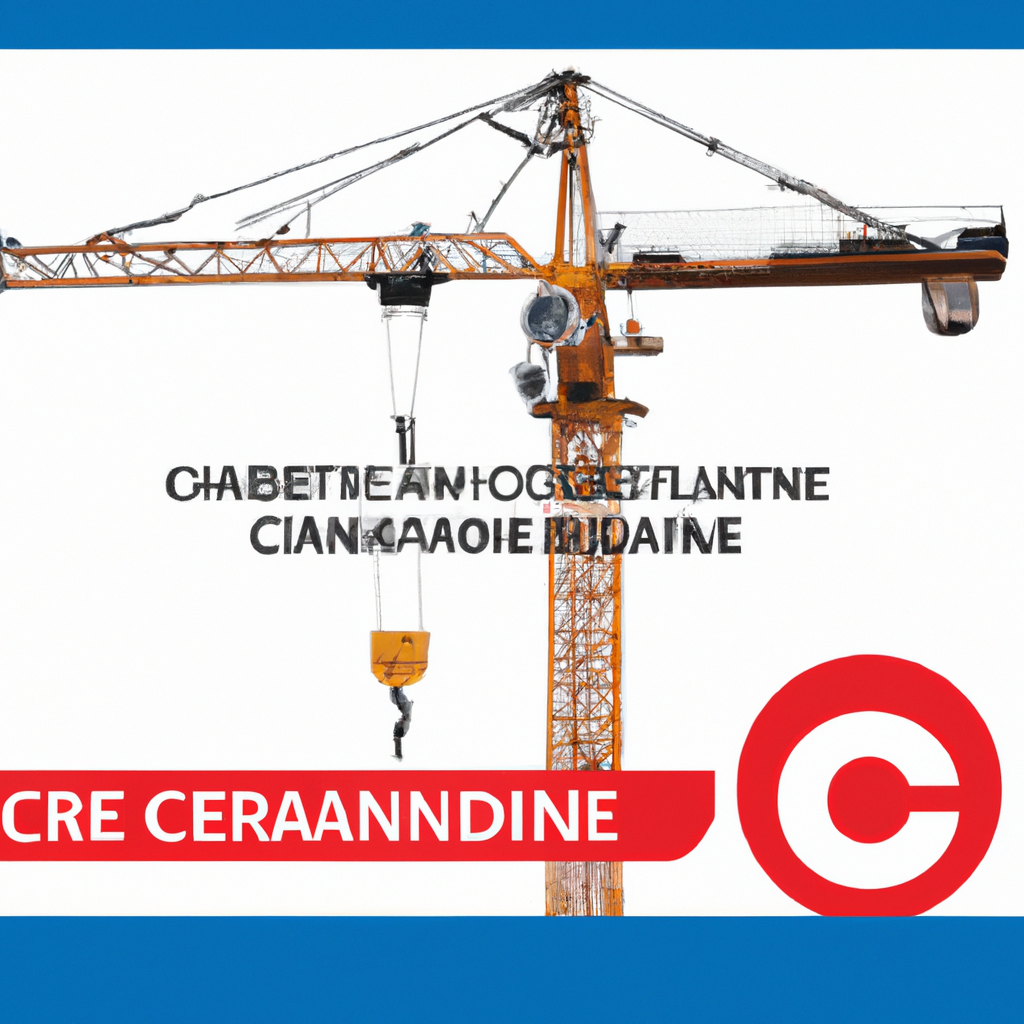Certified Crane Operator Requirements in France: The Complete Guide for 2024
Are you considering a career as a crane operator in France? Operating cranes is a highly skilled profession that requires formal certification, safety training, and adherence to strict labor regulations. This certified crane operator requirements France guide will walk you through the essential qualifications, legal prerequisites, training options, and practical steps to become a certified crane operator in France. We’ll also discuss the importance of safety compliance, the necessary documents, and frequently asked questions about the process.
Why Certification Matters for Crane Operators in France
Operating a crane involves significant responsibility and potential hazards. In France, crane operator certification is not just a recommendation, but a legal requirement. Employers must ensure that their crane operators comply with the Labour Code and related safety regulations. Certification helps:
- Demonstrate professional competency
- Reduce workplace accidents and injuries
- Comply with French construction and labor laws
- Increase job opportunities and earning potential
- Meet insurance and client requirements on construction projects
Key Legal Requirements for Crane Operators in France
To become a crane operator in France, you must meet several legal and regulatory requirements. Here’s an overview:
- Minimum Age: You must be at least 18 years old to operate a crane professionally in France.
- Medical Fitness: Obtain a valid medical certificate from an occupational health physician. This is mandatory to ensure you are physically and mentally fit to operate heavy machinery.
- Training Certification: Complete an accredited crane operator training course (CACES R487 or equivalent) specific to the type of crane you wish to operate.
- Authorization by Employer: Employers must issue an autorisation de conduite (driving authorization) after verifying your training and medical fitness.
- Compliance with Safety Regulations: Adhere to all safety protocols, including wearing the required personal protective equipment (PPE).
Understanding the CACES Certification
The CACES (Certificat d’Aptitude à la Conduite En Sécurité) is the primary certification for crane operators in France. The most relevant category for crane operation is CACES R487, which covers different types of cranes:
- Category 1: Tower cranes (Grues à tour)
- Category 2: Self-erecting cranes (Grues à montage automatisé)
- Category 3: Mobile cranes (Grues mobiles)
The CACES training program includes both theoretical and practical modules, focusing on crane operation, safety rules, load handling, and emergency procedures. At the end of the course, candidates must pass written and practical exams to receive their CACES card, which is valid for 5 years.
Step-by-Step Guide: How to Become a Certified Crane Operator in France
- Assess Eligibility: Ensure you meet the minimum age and medical fitness requirements.
- Choose the Right CACES Course: Select a training program that matches the type of crane you wish to operate (e.g., tower, mobile, or self-erecting cranes).
- Complete CACES Training: Attend an accredited training center for both practical and theoretical instruction.
- Pass the Certification Exams: Successfully complete the written and practical tests at the end of your course.
- Obtain Employer Authorization: Present your CACES certificate and medical fitness report to your employer, who will then issue work authorization.
- Maintain Certification: Renew your CACES every 5 years and update your training as needed.
Essential Documents for Crane Operators in France
To work legally as a crane operator in France, you must always carry the following documents:
- Valid CACES certificate (R487 or relevant category)
- Medical fitness certificate from an authorized occupational doctor
- Employer’s driving authorization (autorisation de conduite)
- Identification (ID or passport for foreign workers)
Common LSI Keywords and Related Terms
When researching or applying for a crane operator position, you may encounter these related terms:
- Crane operator license France
- Crane operator safety standards
- French construction site regulations
- Heavy machinery operator certification
- Occupational health requirements
- Crane operator job description France
- Construction equipment operator training
- Labour Code France crane operations
- Worksite safety compliance
- Mobile crane operator France
Frequently Asked Questions
- Do foreign crane operators need CACES certification in France?
- Yes, even if you are certified abroad, you typically need to obtain the French CACES certification to operate cranes on job sites in France. Some companies may accept equivalent EU certifications, but an official recognition process is often required.
- How long does it take to become certified?
- The duration depends on the type of crane and your previous experience. Most CACES courses last between 3 to 10 days.
- What is the cost of crane operator certification in France?
- Prices vary by training center and crane type but generally range from €800 to €2,000 per course.
- Is there a renewal process for the CACES certificate?
- Yes, CACES must be renewed every 5 years through a refresher course and re-examination.
Conclusion: Building Your Career as a Certified Crane Operator in France
The path to becoming a certified crane operator in France involves structured training, health checks, and strict compliance with national safety standards. By following the steps outlined in this certified crane operator requirements France guide, you’ll not only ensure legal compliance but also boost your employability and contribute to safer construction sites across the country. Whether you are a newcomer or an experienced professional seeking recognition in France, certification is your key to success and safety in the crane operation industry.
